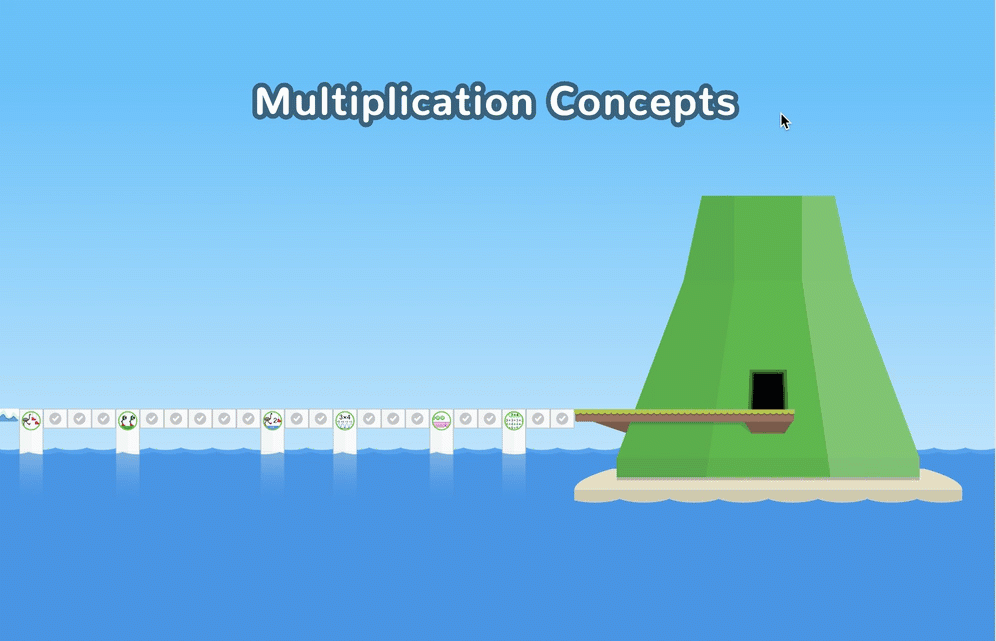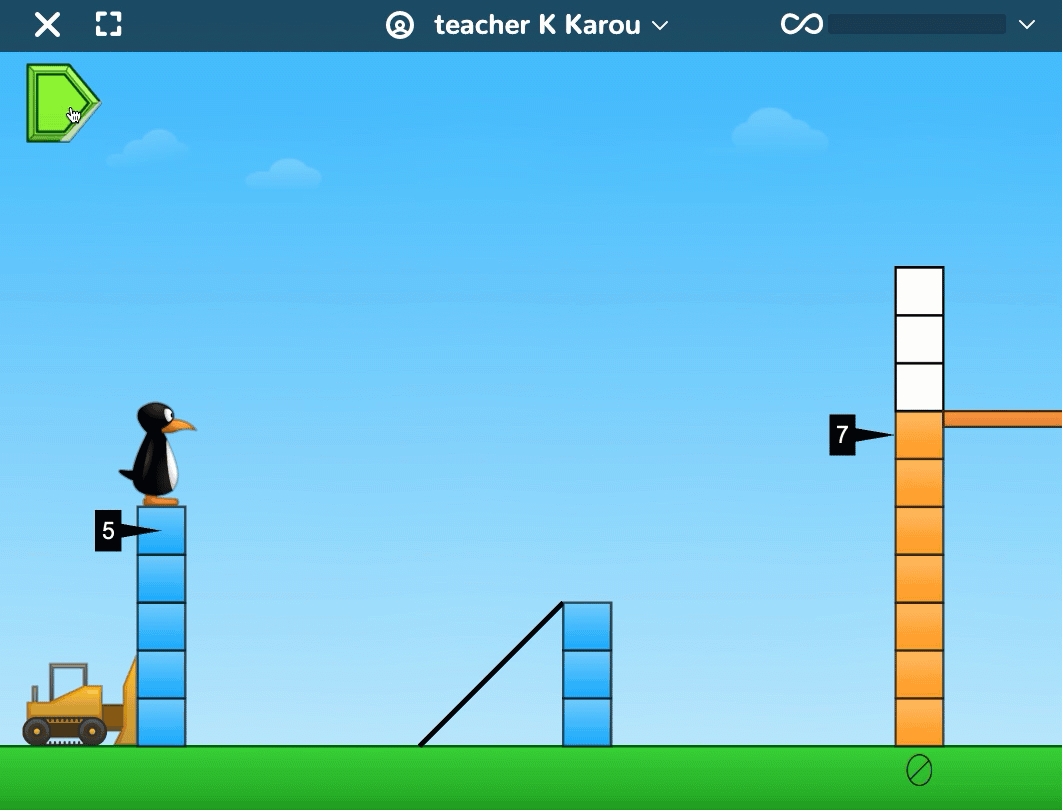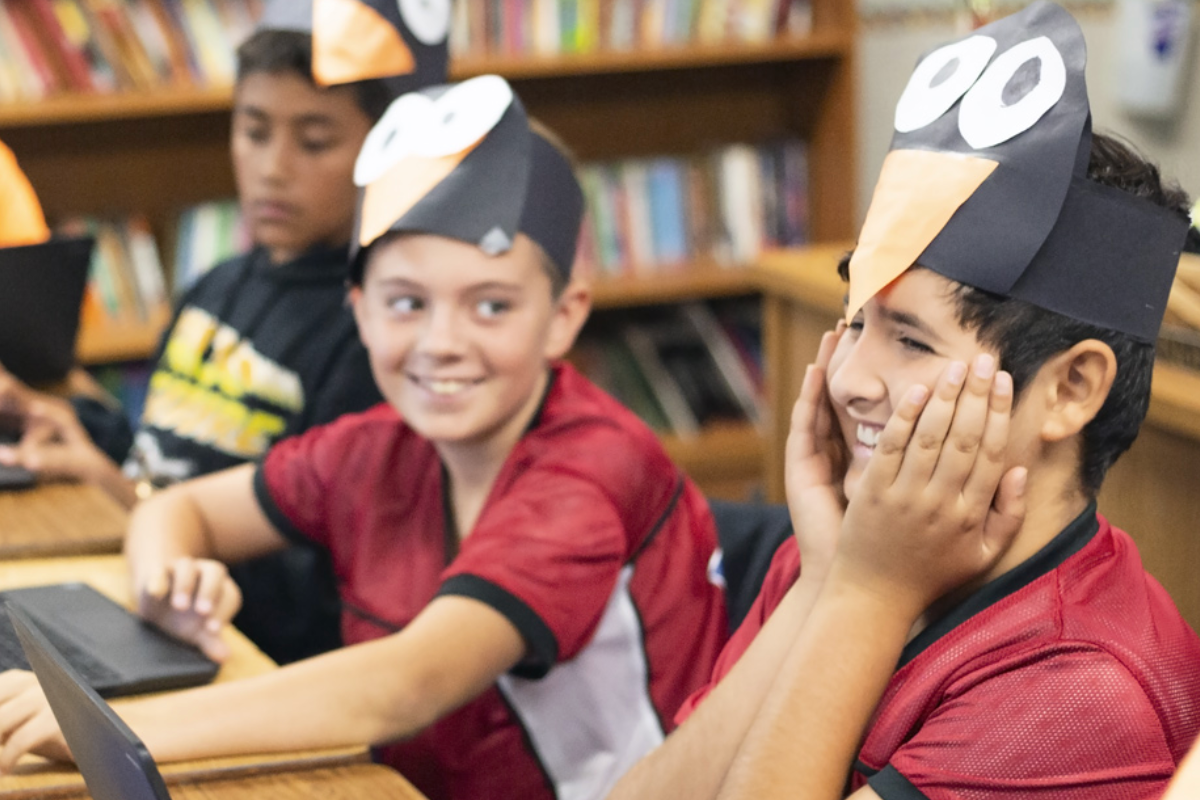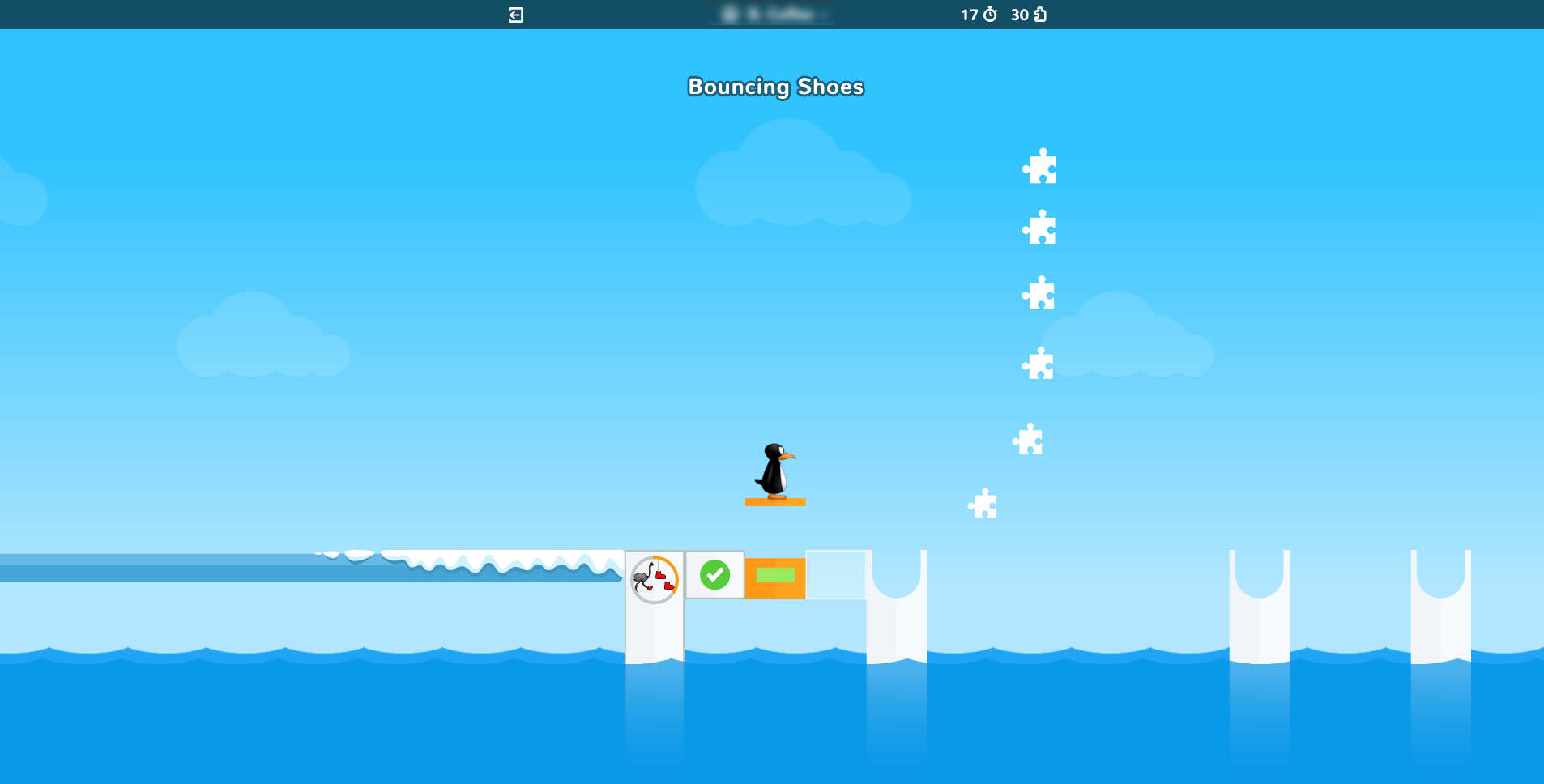
Each quarter on the MIND blog, we share stories of how our organization, our partners, and educators across the country are advancing the mission to mathematically equip all students to solve the world's most challenging problems. We also share resources for educators and students, and cover some of the exciting events we take part in across the country.
Welcome to the MIND Blog Rewind! There's a lot to talk about, and we don't want you to miss any of it. Here's a roundup of stories from the summer of 2020.
In preparation for the 2020-2021 school year, we rolled out several new features within the ST Math program, including the new assignments feature. This powerful tool gives teachers the ability to select specific ST Math Objectives and assign them to individual students, small groups, or the whole class. For a closer look at Assignments with the new ST Math, read Jolene Haley's latest blog.

Have you or your students noticed some changes to the ST Math user experience? Director of Impact Advancement Brian LeTendre sat down with Paul Blair, Director of Product for ST Math Platforms, for a deep dive into the design process for the new ST Math. Listen to the full episode of the award-winning Inside our MIND podcast to learn more about some of the needs and goals that drove the new program's redesign and how the community of ST Math users helped inform the process.
MIND's Director of Product Ki Karou wrote extensively about how the new ST Math design elements enable better learning. While maintaining the zen-like nature of ST Math, there have been several enhancements to individual games. Check out the full blog post to see some of the key highlights for how we make learning happen through gameplay.

Teachers and students alike love the new features in the latest version of ST Math. Instructional Designer Erich Zeller takes readers through the new animation controls, the annotation tool, student metrics, and just-in-time support. You can read more about how these enhancements improve student learning outcomes in his latest blog.
Twana Young, Director of Product, Instructional Development, shares her excitement about the new ST Math’s robust facilitation tools, which create more opportunities for students to apply and evaluate the hard thinking that leads to deep learning. Learn more about the facilitation tools here.
The learning landscape changed dramatically as students, teachers, and parents navigated the impacts of the coronavirus pandemic. Research on COVID-related school closures suggests that students could be a half, to a full year behind academically when the new school year begins. You can read more about what many are calling the “COVID slide” here.

Grant writer Kim Williams outlined our coronavirus response following our decision to offer free access to ST Math so students could continue learning safely. We also published a comprehensive suite of instructional resources for educators and families to assist with the transition.
How can we better measure individual success in ST Math? After poring through the data, it became clear that the act of problem solving was most closely associated with completing puzzles. In a blog post published in early September, MIND's Senior User Experience Researcher Alesha Arp sat down to explain some of the significant enhancements in the new version of ST Math, particularly the emphasis on goal setting, minutes students spend in the program, and puzzles collected.
When students play the redesigned ST Math games, they are not only deepening their understanding of math concepts; they are developing critical problem-solving skills that will lead to lasting success. Setting goals is a great way to build on that and increase opportunities for student agency and accountability. Students will not only develop confidence but will more readily recognize their progress and growth.

Having this type of explicit data provides a great opportunity for students to identify appropriate goals, set action steps to achieve the goals, monitor their progress toward the goals, and learn to adjust the goals based on the data.
MIND's Marketing Manager Calli Wright kicked off the summer season by sharing 16 + Summer Math Activities for Kids. She curated these activities to help students explore new math concepts and experience them before a formal introduction in the classroom later. Whether you love being outdoors or prefer something a little more low-key, there's an activity for the whole family!
The results are in! Kelsey Skaggs, Public Relations and Communications Specialist, shared the winners and honorable mentions from the 2020 National K-12 Game-a-thon. We want to thank everyone who submitted to this year's challenge. The Game-a-thon challenges students to design, build, and share a game that features creative and unusual solutions to mathematical problems. If you would like to participate next year, sign up for updates, and we'll be in touch with details on the next K-12 Game-a-thon challenge.
There was a little bit of something for everyone in this quarter's roundup, so hopefully, you found a story that resonated with you. If you did, let us know! You can comment below, and you can also share this (and all) of our blogs on your favorite social media channels by using the sharing buttons at the top of each post.
Subscribe to the blog by entering your email at the top of the main blog page. Thanks for reading!

Parker Erickson was MIND’s Content and Community Specialist. As a digital storyteller, Parker is passionate about building strong communities through technology and social media. Off the clock, you can find him buried in the latest issue of The New Yorker or experiencing different cultures through food.
Comment